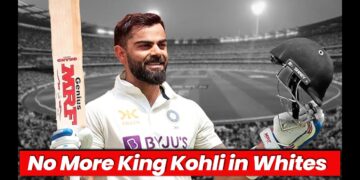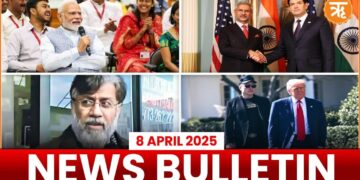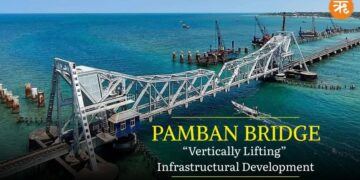Unrest in society, economic difficulties, and a political environment dominated by hardline voices surround the elections, which is now set for June 28 in Iran, after the sudden demise of Iranian President Ibrahim Raisi.
As six out of 80 candidates made it past the Guardian Council’s vetting process, which is well-known for its conservative views, the stage is set for what many believe would probably be a triumph for a hardline contender supported by Supreme Leader Ayatollah Khamenei. Of these six, five are genuine hardliners and one a token reformist.
Deep-rooted ideological gaps in the nation are highlighted by the removal of female candidates’ nominations and the prevalence of anti-Western rhetoric among the candidates.
The candidates, who were mostly hardliners with one reformist, tussled fiercely on how to revive Iran’s economy which had been severely damaged by sanctions. Their campaigns revolved around high inflation, which was made worse by Western sanctions and made economic woes worse.
Voter turnout is expected to be low due to widespread discontent with existing governance and disenchantment with perceived election manipulation, despite promises of economic development.
Significant ramifications for Iran’s internal policy and relations with the international community are anticipated from the election’s result.
Although certain candidates support a change in Iran’s post-sanctions approach to Western countries, others maintain an adamantly conservative position, which reflects Ayatollah Khamenei’s control over Iran’s foreign policy.
With the election date drawing nearer, all eyes are on Iran’s political future in the face of persistent economic difficulties and the long-lasting impact of its exceptional leadership. The outcome of the election will definitely have an impact on Iran’s future in the country and outside the world.
















Comments